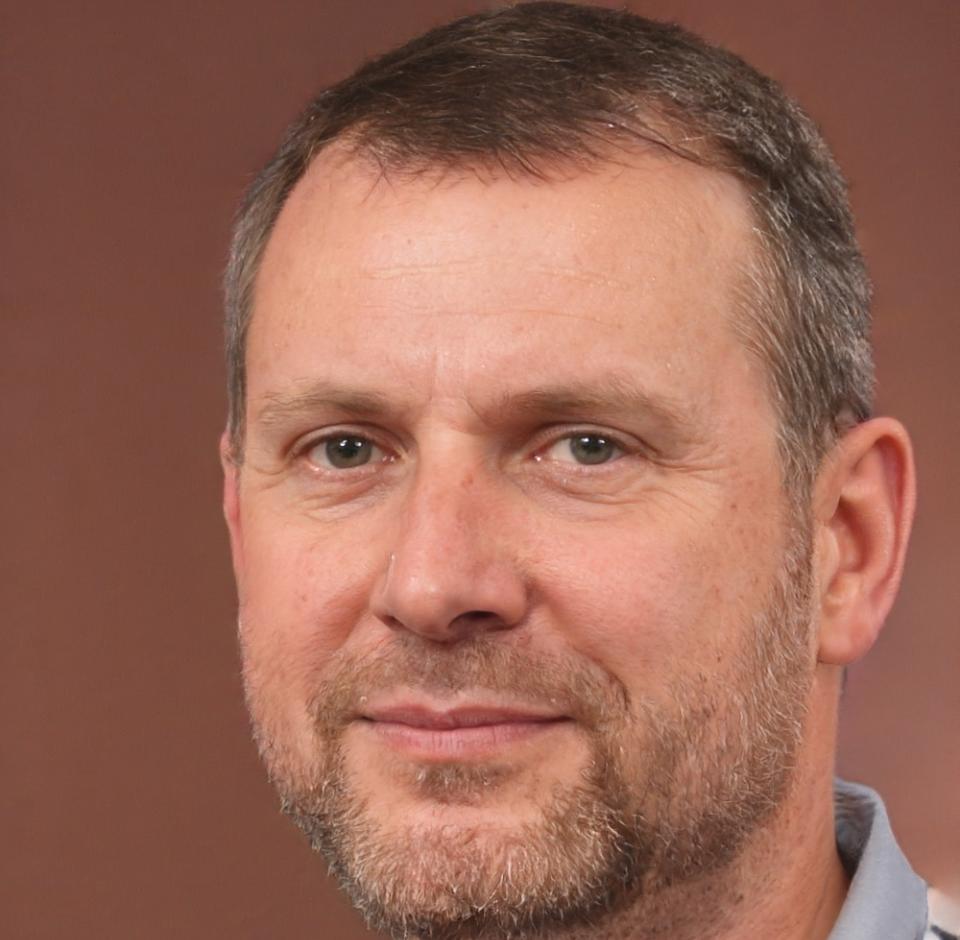Small Group Discussions
Six to eight people per cohort. You'll meet weekly to work through concepts together. Someone always asks the question you were too nervous to ask, and explaining ideas to others is when they really stick.
Most people think they need an MBA to understand markets. But here's what actually matters: recognizing patterns, questioning assumptions, and building frameworks that work when real money is at stake.
We've spent years watching people struggle with textbook theories that fall apart in practice. So we created something different—an approach that bridges academic concepts with what actually happens in Canadian markets.
Start Your Journey
Everyone starts somewhere. These are stories from people who went from confused to confident—not overnight, but through consistent work and the right guidance.
We're not lecturing you about efficient market hypothesis for six weeks. Instead, we build understanding in layers—each one connecting to what you already know, then pushing you just far enough to grow.
We start with core concepts using Canadian market examples. Not textbook problems from 1985, but actual scenarios you might encounter. You'll learn why certain principles matter before memorizing any formulas.
Theory meets reality here. You'll work through case studies based on real investment decisions—some that worked, some that didn't. This is where patterns start becoming obvious and your intuition begins to develop.
Now you apply everything to your own situation. What's your actual risk tolerance? How should you structure your portfolio given your goals? We help you build a framework that's yours, not something copied from a book.


Six to eight people per cohort. You'll meet weekly to work through concepts together. Someone always asks the question you were too nervous to ask, and explaining ideas to others is when they really stick.
You'll collaborate on evaluating real investment opportunities—analyzing companies, comparing asset classes, debating valuation approaches. Different perspectives reveal blind spots and strengthen your thinking.
Many participants stay in touch long after completing the program. You're building a network of people who think critically about markets and understand the frameworks you're using. That's valuable when you need a second opinion.

"I thought I needed one-on-one tutoring, but learning with others was better. Hearing how different people approached the same problem taught me more than any lecture could."
— Soren Lindqvist, Participant